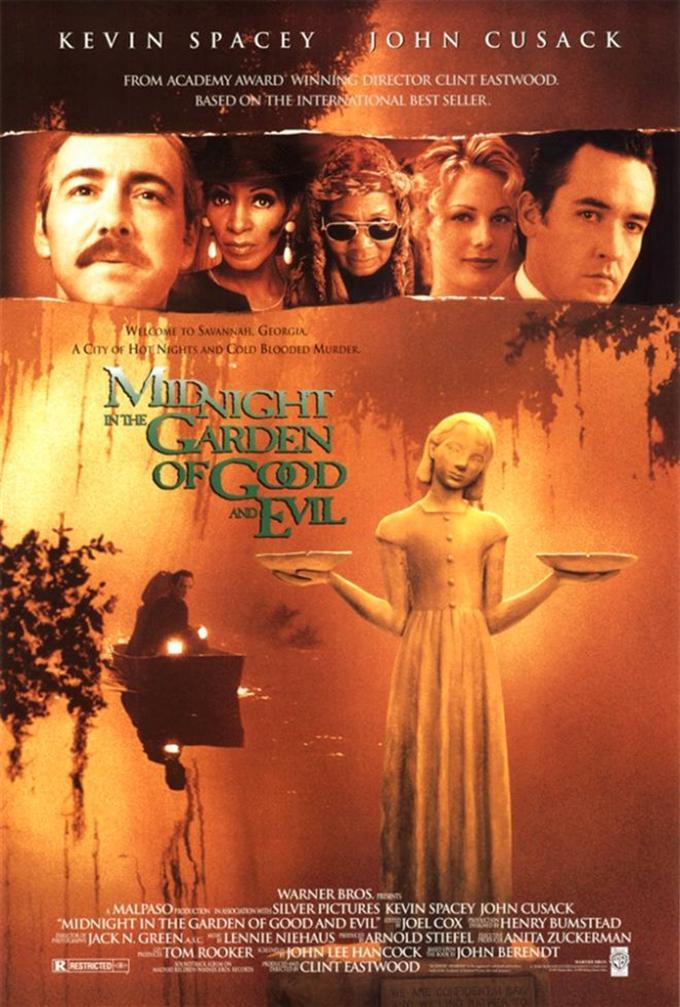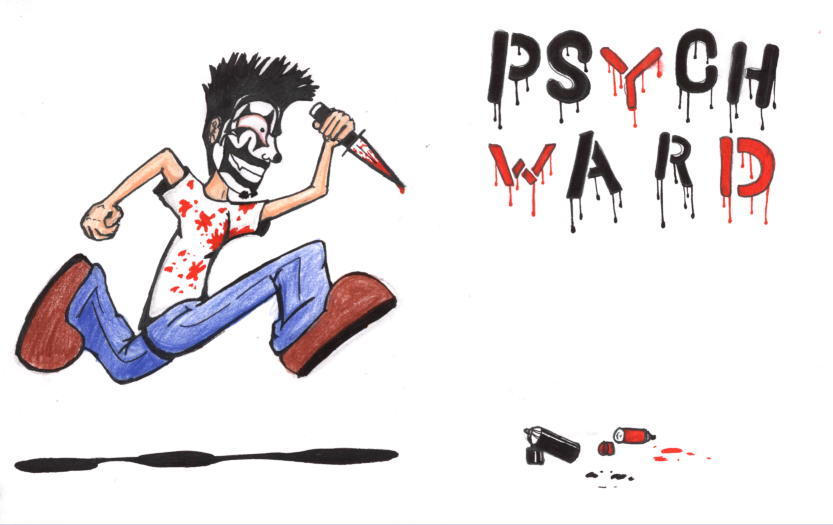Sometimes the indignation comes easily. Poor Kevin. And by
that, I don’t mean to show empathy. Mr. Spacey has long had us wondering when.
We’d all heard it. The man is gay. He’ll come out once he feels safe, once his
career is solidly on the down slide or maybe once he’s madly in love and about
to marry a scholarly British gentleman. Isn’t that why he dashed off to London?
A long time ago, in the ‘90s, many of us wanted him to come
out. He could make a difference. As an articulate, Oscar-winning, A-list actor,
Kevin Spacey could add an esteemed face to the LGBT movement (back then, mostly
L and G). This was when we were dealing with AIDS and hate crimes and hoping
people could serve in the military as long as they weren’t blabbermouths about
their personal lives. Anti-discrimination and marriage seemed too lofty cherry
pies in the sky.
Kevin kept quiet. I don’t recall him trying to pass as straight
off-screen. His right. But he was on the wish list. One day, we thought,
Spacey, Travolta and Cruise would be grand marshals in Pride parades and
continue to receive GLAAD awards even if their big screen roles dried up. How
much money did they really need?
We listened to Kevin’s acceptance speeches. Surely, he’d
pull a Jodie one day and toss in a cryptic thank you to a lover/partner.
Something beyond “good, good friend”, something clearly different than the
Damon/Affleck bromance.
I thought the coming out would occur during press interviews
for his gay role in 1997’s “Midnight in the Garden of Good and Evil”. Why take
the role and then continue to cling to the confines of the closet? Maybe the
fact it flopped affirmed Spacey’s fears that being “too gay”—in other words,
publicly gay—was career suicide.
So we all continued to wait. Spacey would dodge questions
about his sexuality, at one point in a 2007 interview stating, “I’ve never
believed in pimping my personal life out for publicity.” Too defensive. It’s
not like he was staging a wedding to Nicole Kidman or Katie Holmes. We all
trusted that Spacey would balk at any such suggestions from agents, studios and
established religious cults. We felt that this many was of good character. That’s
why we all wanted him to come out. But then, somewhere along the way, with the
passage of time and the Supreme Court recognizing gay marriage, we stopped
caring about Spacey’s private life. He and Travolta and Cruise could go on
keeping their “secret”. We had Zachary Quinto, Matt Bomer and Sir Ian McKellen.
And Ellen and Rosie, too. Good enough.
If you had told me that Kevin Spacey came out today, I’d
have shrugged along with everyone else. Okay. Good for him. That’s a weight
off, even if no one else viewed it as a weight anymore.
But that, of course, is not how it went down. He didn’t just
casually address it—finally!—in an interview. He tweeted it and he did so, at
best, as a distraction and, at worst, in self-defense. We’re still in the thick
of the Hollywood cause of the moment, its uncovering decades of sexual
harassment and assaults. And, as part of that tide, actor Anthony Rapp
disclosed that it was a twenty-six-year-old Kevin Spacey who made unwanted
sexual advances to fourteen-year-old Rapp. Spacey launched a multi-tiered
response: (1) I don’t remember; (2) I must have been drunk; and (3) Hey, by the
way, I’m gay. The implication intertwined with his coming out is that he was
conflicted over his sexual orientation, driven to drink and did dastardly deeds
such as trying to sexually assault a boy. It was the behavior of a self-hating,
self-censoring, horribly confused man.
Distraction or excuse, it comes off as sad at the very
least. Yes, I have friends who were so conflicted about being gay that they
became addicted to drugs or alcohol. It wasn’t good to be gay in the ‘80s. The
alleged incident occurred in 1986 when the AIDS crisis went unchecked and the
Reagan administration continued to shirk any sense of leadership in speaking
with compassion and conviction to address it. Anti-gay sentiment magnified due
to falsehoods and fears about AIDS. It would be exceptional for any gay man in
the ‘80s not to be plagued with fits
of self-hate, an internalized manifestation of society’s widespread revulsion.
But we didn’t go having sex with minors. I was warily aware
of a dubious organization called NAMBLA which generated headlines due to its
outrageous agenda. This was the North American Man/Boy Love Association,
presumably no larger than a society advocating sex with UFOs, but every time I
saw any press about this organization, I felt it represented a major setback to
gay tolerance and that ultimate of wishful thinking, acceptance.
There were still large segments of society that lumped
homosexuality in with criminals, perverts, practitioners of bestiality and
pedophiles. I grew up frequently hearing this. How could that not have had a
negative impact into a gay person’s identity? Even today, some extreme
conservatives raise fear amongst themselves by claiming an LGBT agenda seeks to
“recruit” their children.
Perhaps it’s with all this historical background that I
cringe even more at Mr. Spacey’s deflection of responsibility. There was a time
when, due to his celebrity, he could have helped advance LGBT causes. He passed
on that, which is his right. (I presume he offered support in less public ways.)
On a day when he is accused of sexually pressuring a minor, I don’t want him trying
to climb on the gay bandwagon. It has the danger of perpetuating an old
misperception. It smacks of excuse-making for that which is inexcusable.
If anything good can come from this, it’s a reminder that
celebrities—whether movie stars or athletes—are not heroes. Their voices are
heard more than the rest of us, but they can be as misguided, perhaps more so
because of their protectors, their “yes” men, their perceived power and their
desperation to retain fame and fortune.
I respected Kevin Spacey. He is indeed a fine actor. I hope
something good will come of all that has aired today. Perhaps Spacey can
receive counseling. Perhaps there will be a time when Spacey can truly express
full remorse toward Anthony Rapp. For now, it’s an egregious mess, a woeful
attempt at saving face and a blatant misfire in terms of garnering sympathy.
I wish he’d never come out at all.







